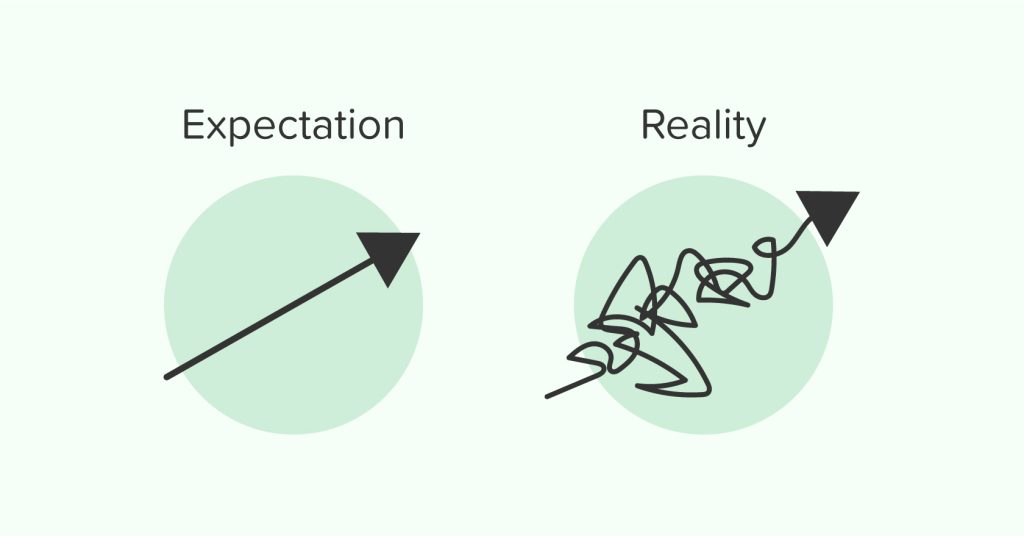
Culture industry is a term which is created by the social thinkers in 1944, called Theodor Adorno and Max Horkheimer, to describe, ŌĆ£how popular culture in the capitalist society functions like an industry in producing standardised products which produce standardised peopleŌĆØ.
In simple terms, we, as consumers, have become standardised due to the corporations creating and selling products that we find beneficial as a want or need in our lives. It fits our demands, it produces our needs and desires. It intentionally integrates its consumers.
People are no longer individuals, but mere ŌĆ£pseudo individualsŌĆØ. They are now, in my opinion, considered to be ŌĆ£merely centres where the general tendencies meetŌĆØ. The competitiveness in capitalist society destroys genuine human friendship in certain ways and to certain extents. It has ruined perceptions of day to day lives and created this toxic mindset of how we should think.

For example, watching a TV show which showcases the characters having a good lifestyle of healthy family relationships and friendships, as well as a good home to live in, it clearly promotes a consumerist message of an unhealthy expectation of what life should look like for everyone. According to Adorno and Horkheimer, this is not a coincidence at all in the slightest, it has been positioned in this way to make us as an audience instantly assume that whatever we see on the big screen is what itŌĆÖs meant to be like as a normality. A picture perfect scenario with no problems attached.
The culture industry is corrupt because it is dedicated to pleasure; all joy and value has been removed from personal leisure. In fact, leisure is now a form of work which no one enjoys. This is because the leisure industry does not allow people to make any mental effort.

The concept of culture industry is described as, ŌĆ£how mass cultures and big businesses are inherently bound together to make up a large scale system of control and exploitationŌĆØ. The theory of the culture industry relies heavily upon the version of MarxŌĆÖs theory of Commodity Fetishism, in which stresses the point of different cultural forms such as popular music, TV shows and many many more. It shapes the tastes and preference of the masses.
However, it is essential to recognise that the culture industry thesis was developed in the mid-20th century, and the media landscape has evolved significantly since then. The advent of the internet and digital media has provided opportunities for more decentralised and participatory forms of cultural production and consumption.
The culture industry concept, even as it has evolved, remains a valuable tool for understanding the interplay between culture, economics, and power in our increasingly interconnected and mediated world.
References:
Blogger (2022) Culture Industry explained simply, Available at: https://culturalstudiesnow.blogspot.com/2017/10/culture-industry-explained-simply.html (Accessed: 22 October 2023)
Dainow, B, Adorno and HorkheimerŌĆÖs ŌĆ£The Culture IndustryŌĆØ, Available at: http://thinkmetrics.com/adorno-and-horkheimers-the-culture-industry/ (Accessed: 22 October 2023)
